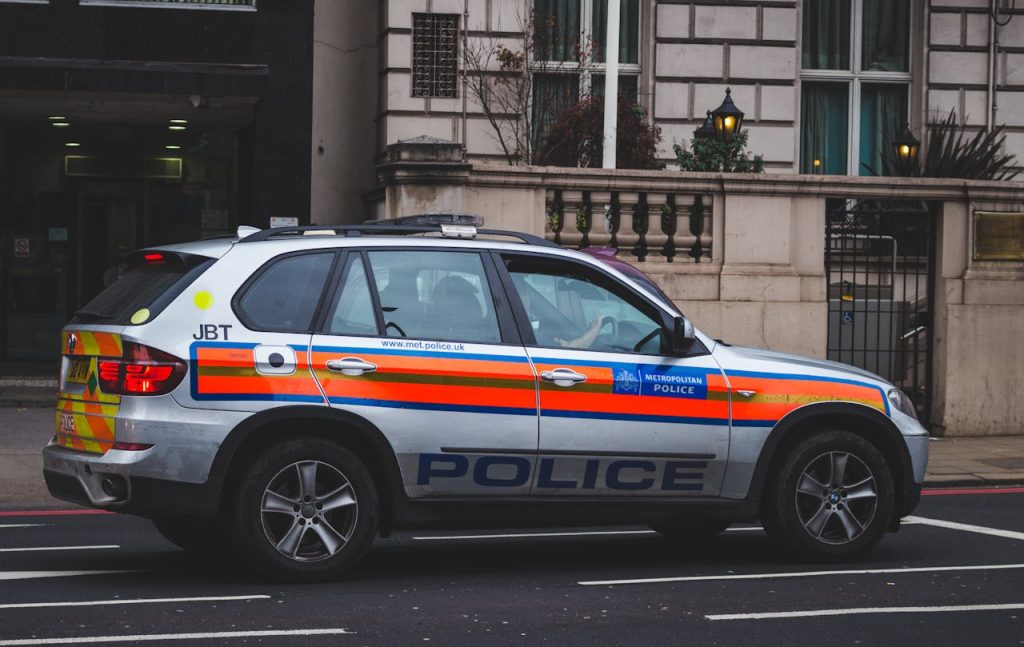The interaction between law enforcement and children should always be approached with sensitivity and care. Unfortunately, recent incidents have highlighted a lack of understanding and respect for children’s rights during police interactions. The Independent Office for Police Conduct (IOPC) has stepped forward with a series of recommendations aimed at improving these practices across England and Wales.
Understanding the Current Landscape
Cases like that of ‘Child Q,’ where a 15-year-old black schoolgirl was strip-searched without an appropriate adult present, highlight the need for reform. This incident, which occurred during an exam at her school, sparked protests and led to widespread criticism of police practices. The IOPC’s investigation into such cases has revealed inconsistencies in how these searches are conducted, often leading to distress and trauma for the children involved.
The IOPC has emphasised the need for a child-first approach in these situations. This means safeguarding should always be at the forefront, with officers required to consider the potential emotional impact on the child. They also stress the importance of having clear communication with the child and their guardians, explaining the reasons and procedures for the search. The goal is to ensure children’s rights and dignity are respected while maintaining necessary law enforcement protocols.
In light of its findings, the IOPC has put forth ten recommendations aimed at improving child strip search practices. These recommendations call for significant changes in policing powers and procedures, ensuring that children’s safety and well-being are prioritised. One of the key suggestions is the mandatory involvement of appropriate adults during strip searches. This would provide a layer of protection for the child, ensuring there is oversight and a witness to the process.
Additionally, the IOPC has urged the government to amend relevant laws to make safeguarding referrals compulsory for any child subject to an exposure of intimate parts search. This change would ensure that each case is reviewed with the child’s best interests in mind, and any necessary support services are activated promptly. The recommendations also highlight the need for updated training and guidelines for officers, emphasising a standardised approach across the board.
Addressing Inconsistencies in Practice
One of the major issues identified by the IOPC is the inconsistent application of strip search protocols across different police forces. This inconsistency can lead to varying experiences for children, depending on where they are located. The IOPC has called for a review and update of all relevant police guidance and training materials, with a focus on prioritising children’s safety and wellbeing.
By standardising procedures and ensuring all officers are adequately trained, the IOPC aims to create a more uniform approach to handling these sensitive cases. This includes making sure officers understand when an appropriate adult should be present, and how to access local provisions for such individuals. The goal is to create an environment where children are treated with respect and care, regardless of their circumstances.
The Importance of a Child-First Approach
A child-first approach is central to the IOPC’s recommendations. This perspective ensures that the needs and rights of the child are at the forefront of any police interaction. It requires officers to be sensitive to the child’s emotional state and to conduct searches in a manner that minimises distress and trauma. This approach also involves listening to the child’s voice, providing them with a sense of agency and involvement in the process. By doing so, police can build trust with the child and their guardians, reducing the likelihood of adversarial encounters. The IOPC believes that by prioritising the child’s perspective, police forces can create a more compassionate and effective system.
Implementing the IOPC’s recommendations will require changes to existing laws and policies. The Home Office has indicated its willingness to consider these suggestions, acknowledging the need for reforms that enhance safeguarding measures for children. However, it is crucial that these changes are enacted swiftly to prevent further incidents of police misconduct.
Empowering Parents and Communities
When a child is subjected to an unlawful stop and search, it is crucial for parents to understand their rights and seek justice. Filing a police complaint claim is the first step in taking action against the police. By doing so, families can hold the authorities accountable and potentially receive police complaint compensation. These claims often require the expertise of legal professionals who specialise in actions against the police, as they can provide guidance on how to proceed effectively. Suing the police may also serve as a deterrent, encouraging police forces to adhere to the recommended protocols and prevent future incidents of misconduct.
For those affected by police misconduct, these changes represent a crucial step toward justice and accountability. By taking action against the police and pursuing police complaint claims, victims can help drive the reforms needed to prevent future injustices. Visit https://www.policecomplaint.co.uk to take the first step and talk to an expert.







